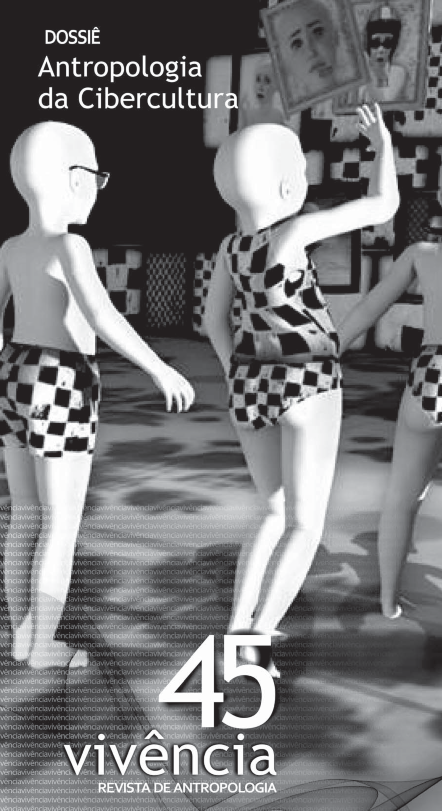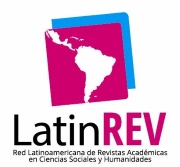O “paciente informado”: primeiras notas de um estudo etnográfico / The "expert patient": first notes of an ethnographic study
DOI:
https://doi.org/10.21680/2238-6009.2015v1n45ID8247Palavras-chave:
Etnografia. Internet. Saúde. / Ethnography. Internet. Health.Resumo
O presente artigo tem como objetivo apresentar os primeiros passos de um estudo etnográfico das formas de acesso e apropriação dos conteúdos de saúde disponíveis na web. Num universo crescente de conteúdos disponíveis, a pesquisa tem como principal propósito identificar como e para quê as pessoas buscam conteúdos de saúde na web, visando compreender possíveis transformações e reconfigurações nas relações entre “pacientes”, profissionais de saúde e serviços. A temática vem ganhando destaque nas mídias e uma evidência disso é a consagração da expressão Dr. Google, afinal, a ferramenta de busca constitui-se como o canal por excelência para a procura de respostas para problemas de saúde, construção de diagnósticos e para a pesquisa de possíveis tratamentos e/ou soluções. E, se por um lado, questiona-se sobre a validade e a confiabilidade das informações e conteúdos disponíveis, implicando em riscos de autodiagnósticos equivocados e preocupações infundadas, por outro lado, reconhecem-se as possibilidades oferecidas pela web para potencializar e horizontalizar a participação nas tomadas de decisões entre médicos e pacientes. Nessa rede de relações e múltiplas agências encadeada entre pessoas, web, conteúdos, serviços de saúde dentre outros, percebem-se redefinições nos papéis usualmente desempenhados pelos diferentes agentes envolvidos no atendimento à saúde. Pode-se dizer, por exemplo, que há uma relativização da autoridade do médico (ou, mais genericamente, do profissional de saúde), ao mesmo tempo em que se presencia um empoderamento do “paciente”.
Abstract
This article presents the first steps of an ethnographic study of the forms of access and use of health content available on the web. In a growing universe of content available, the research has as main purpose to identify how and for what people seek health content on the web, to understand possible changes and reconfigurations in relations between 'patients', health professionals and services. The theme has been gaining attention in the media and evidence of this is the consecration of the “Dr. Google” expression. After all, Google is constituted as the channel par excellence for seeking answers to health problems, building diagnostics and for search for potential treatments and/or solutions. On the one hand, it raises questions about the validity and reliability of the information and content available, resulting in risk of mistaken self-diagnoses and unfounded concerns. On the other hand, possibilities offered by the web to enhance the participation and flatten in decision making between physicians and patients are recognized. In this network of relationships and multiple chained agencies between people, web, contents, health services and other services it’s observed redefinitions in the roles usually played by different actors involved in health care. You could say, for example, that there is a relativism of medical authority (more generally, the health professional), as there is an empowerment of the "patient ".


 Português (Brasil)
Português (Brasil) English
English Español (España)
Español (España) Français (Canada)
Français (Canada)






